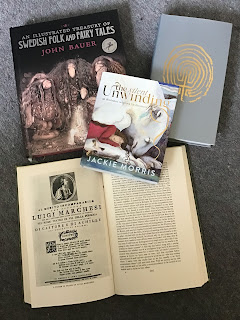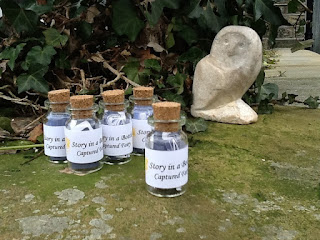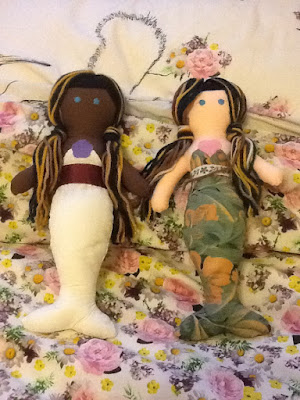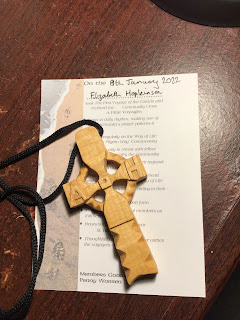Tolkien’s Ace Princess?
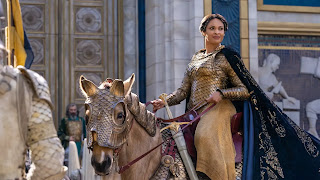
The Rings of Power: Amazon Studios, 2022 Like many, I have been enjoying Amazon’s new drama series, The Rings of Power , based on JRR Tolkien’s mythos regarding the Second Age of Middle-Earth, Númenor and the Undying Lands. It’s driven me back to the source texts, to discover from where the creators of the series got their ideas. One of those source texts is the book of Unfinished Tales . And that’s where I discovered the story of Aldarion and Erendis. It’s an unusual tale for Tolkien, in that it deals with the breakdown of a marriage. And while it provides canonical precedent for the Elves asking the Men of Númenor for help against the growing threat of Sauron’s return, that’s not what I want to talk about. I want to talk about ace representation. Many people will find Lord of the Rings and The Hobbit pretty ace anyway. For me, the film trilogy in the 2000s was the beginning of my journey back to my true self. In my head, Legolas is ace. There’s nothing I know of in Tolkien to eith

